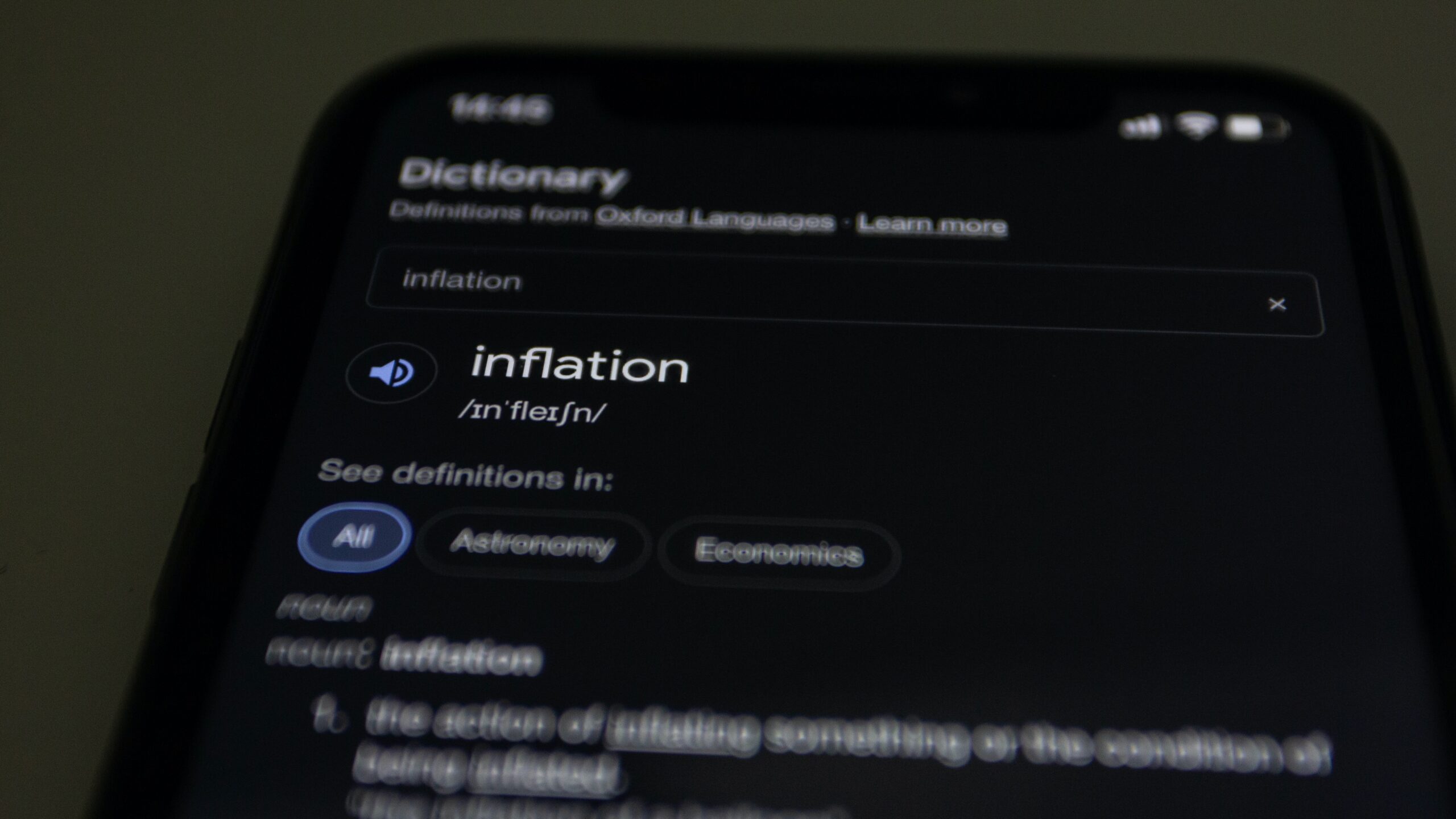Recently, there have been reports that the Bank of England will continue to raise interest rates to 4.5% in order to control inflation.
Interest rates play a crucial role in the functioning of any economy, and the United Kingdom is no exception.
However, high interest rates in the UK have been persisting for over a year, posing a nightmare for individuals and businesses involved in loans and property purchases.
The Role of Interest Rates
As mentioned before, interest rates essentially represent the cost of borrowing money.
When the Bank of England lowers interest rates, the borrowing costs for businesses and individuals decrease, stimulating investment, consumption, and economic activity.
Conversely, when interest rates rise, borrowing costs increase, which can help cool down an overheating economy or control inflation.
The Relationship Between Interest Rates and Inflation
Maintaining price stability is a key objective for the Bank of England.
Due to various factors such as Covid and Brexit, prices have been soaring not only in the UK but also globally.
In such situations, interest rates are one of the tools used to control inflation.
By raising interest rates, the Bank of England aims to reduce spending and encourage people to save rather than borrow.
Conversely, if the economy is underperforming, lowering interest rates can stimulate economic activity and push inflation higher.
Impact on Individuals
Fluctuations in interest rates have a direct impact on consumers, especially when they require large loans.
According to government housing surveys, less than a third of households in the UK have mortgages.
When interest rates are low, it becomes easier to afford mortgage loans, leading to increased demand in the real estate market.
Conversely, rising interest rates may make it more difficult for individuals to obtain mortgage loans or increase their monthly repayments.
It is estimated that by July next year, over 350,000 mortgage borrowers will face repayment difficulties.
Savings and Investments
Adjustments in UK interest rates not only affect mortgage borrowers but also impact savers and investors.
Higher interest rates can provide better returns on savings accounts and fixed-income investments, attracting individuals to save and invest.
When interest rates are low, savers may find it challenging to generate substantial returns on their investments, requiring them to consider alternative policies before making decisions.




